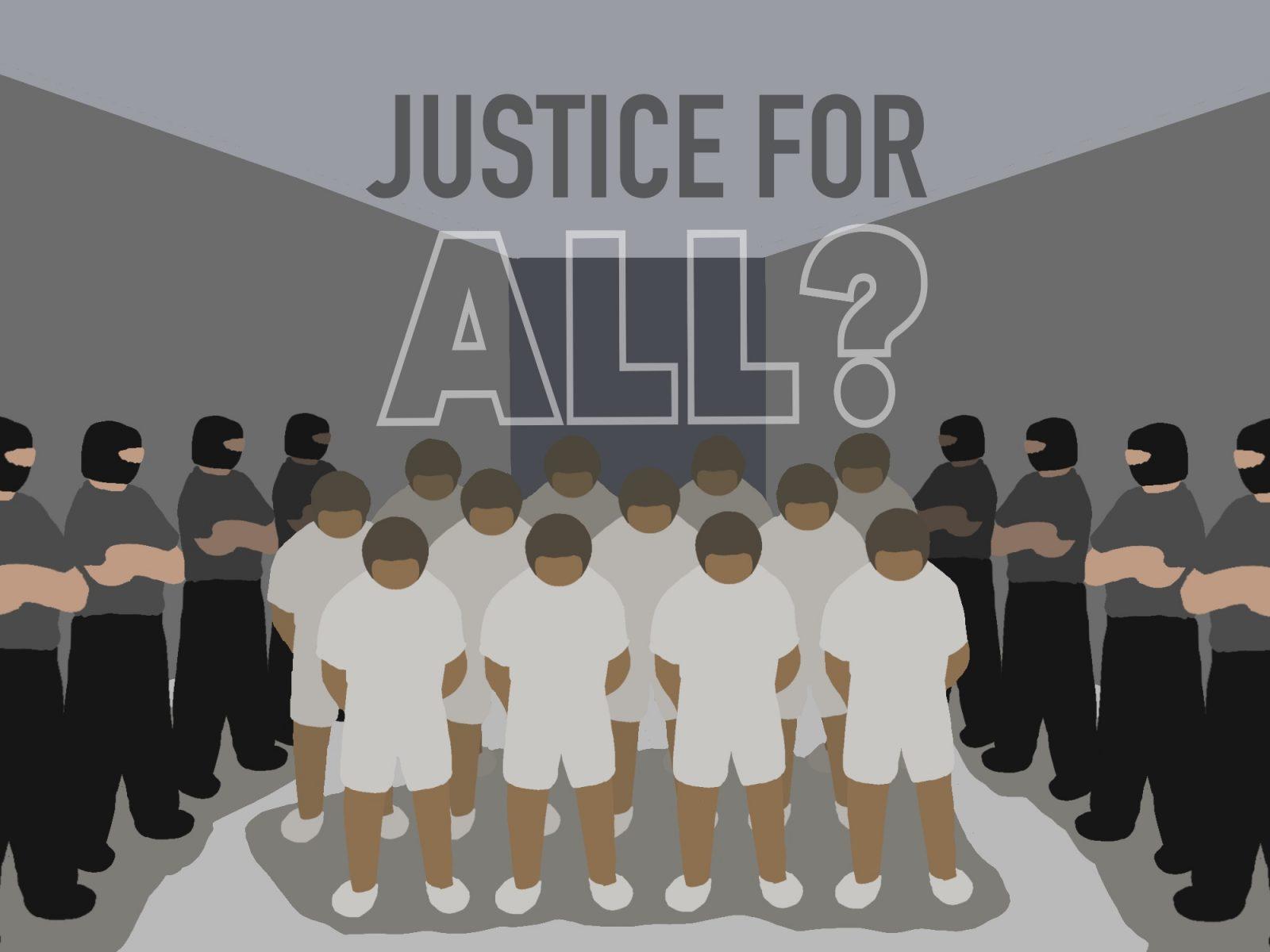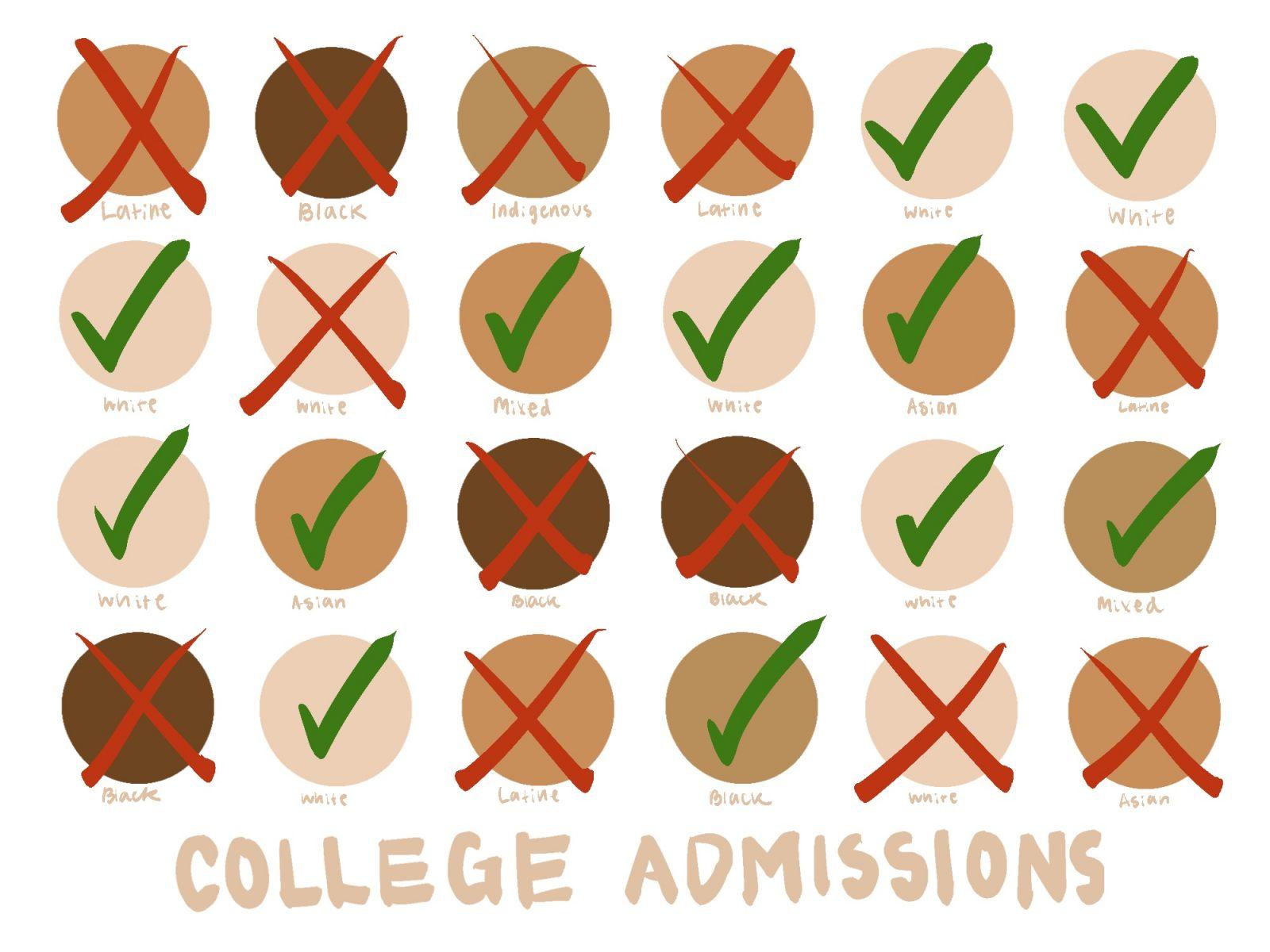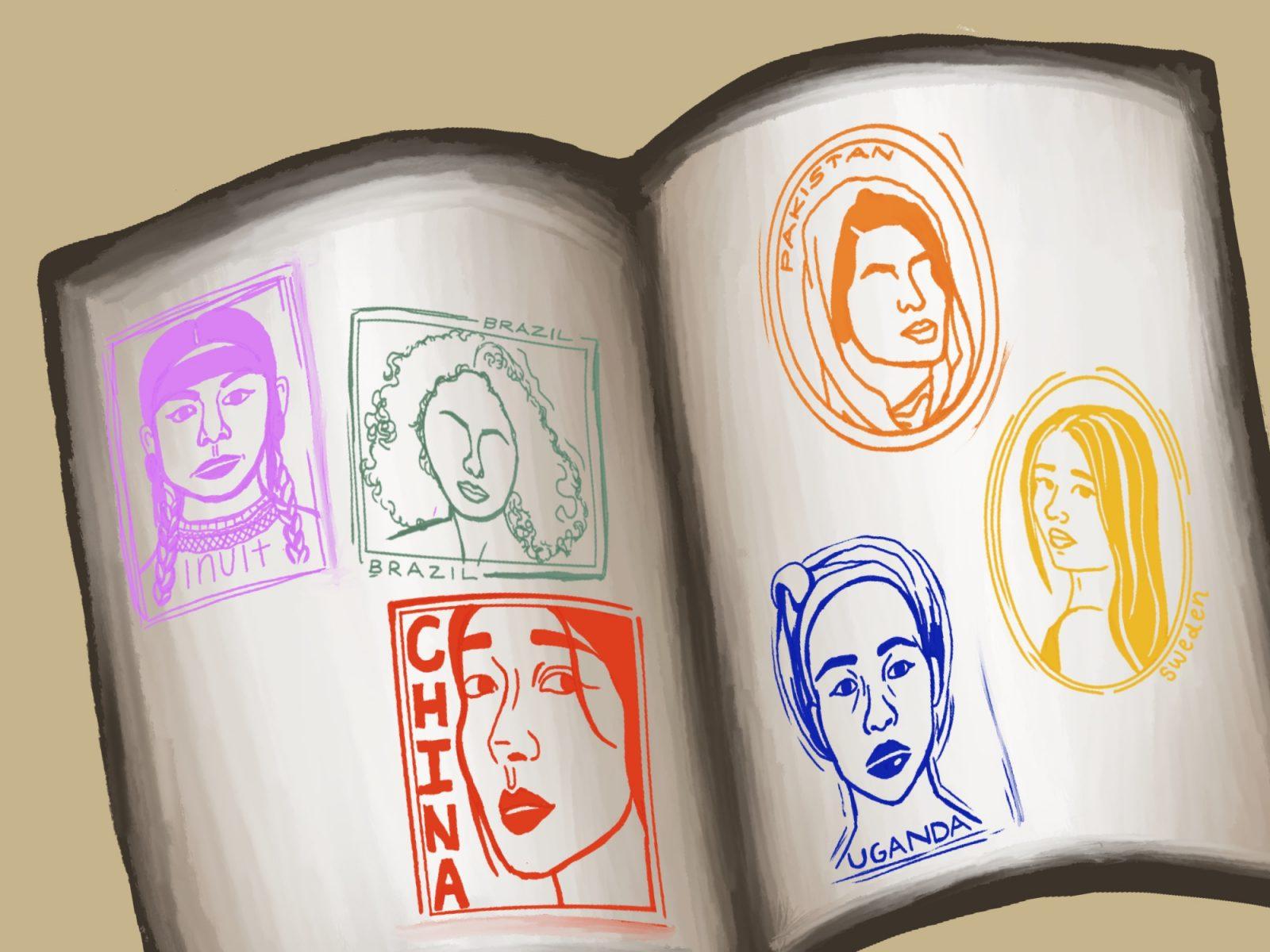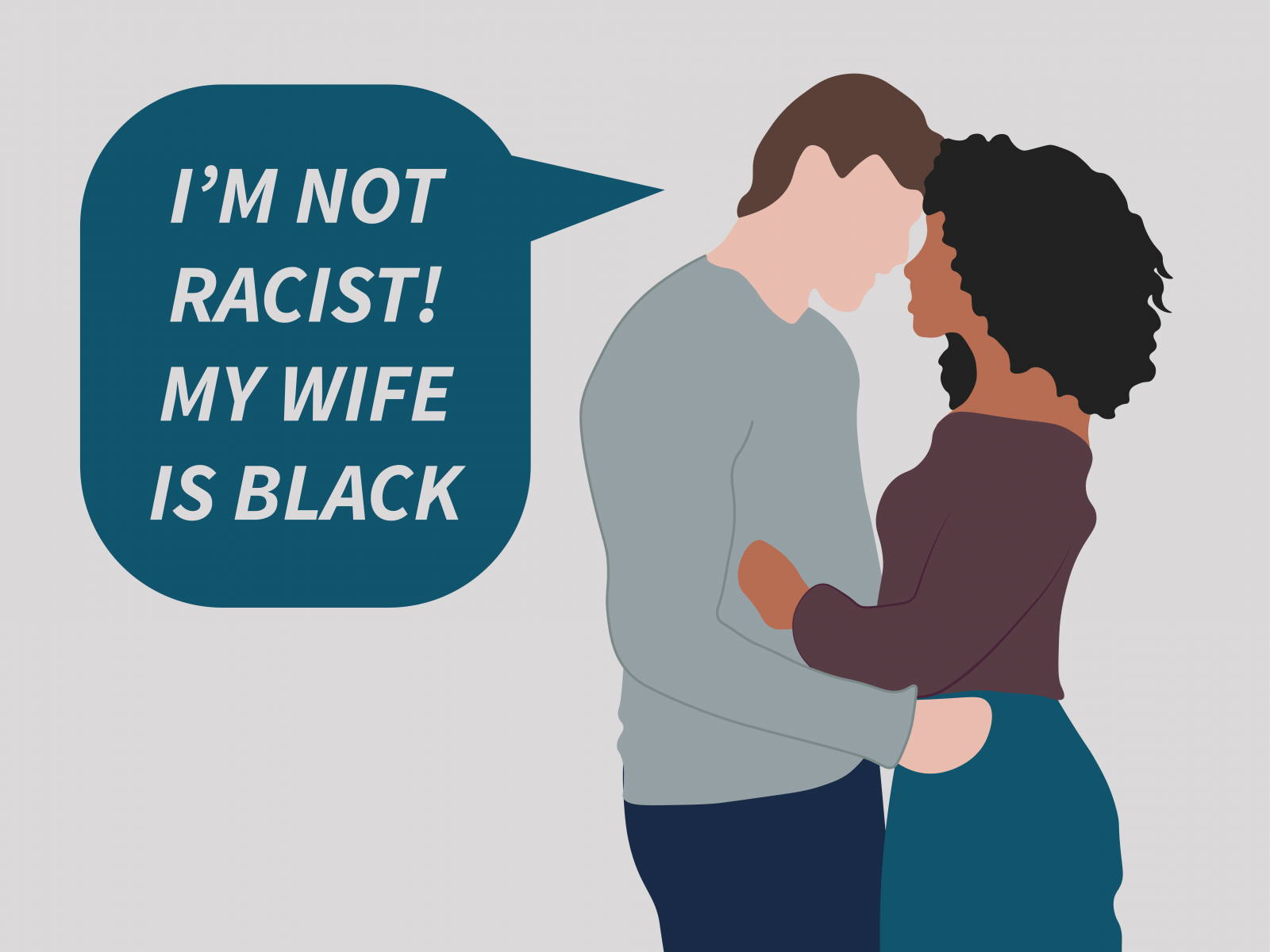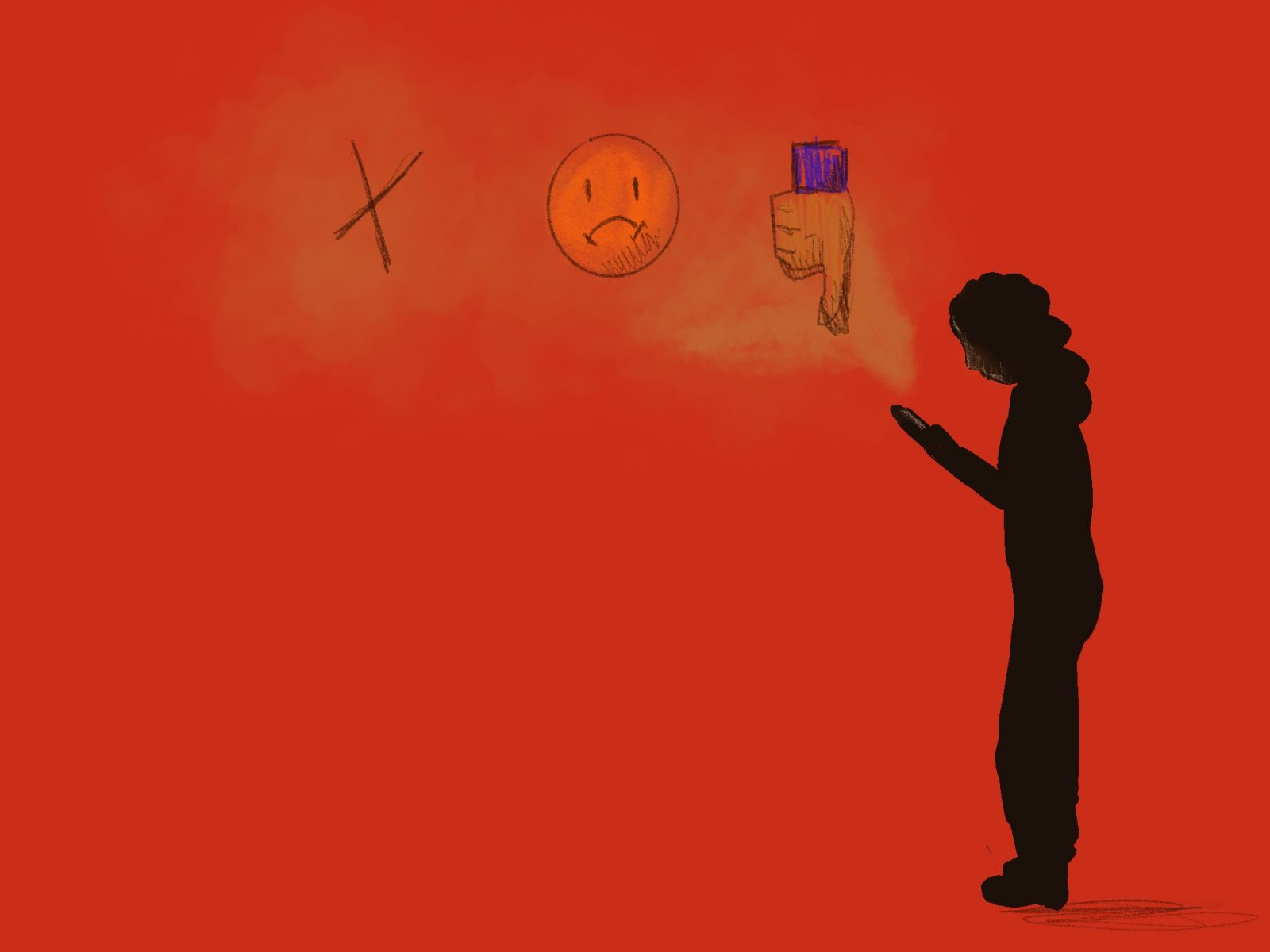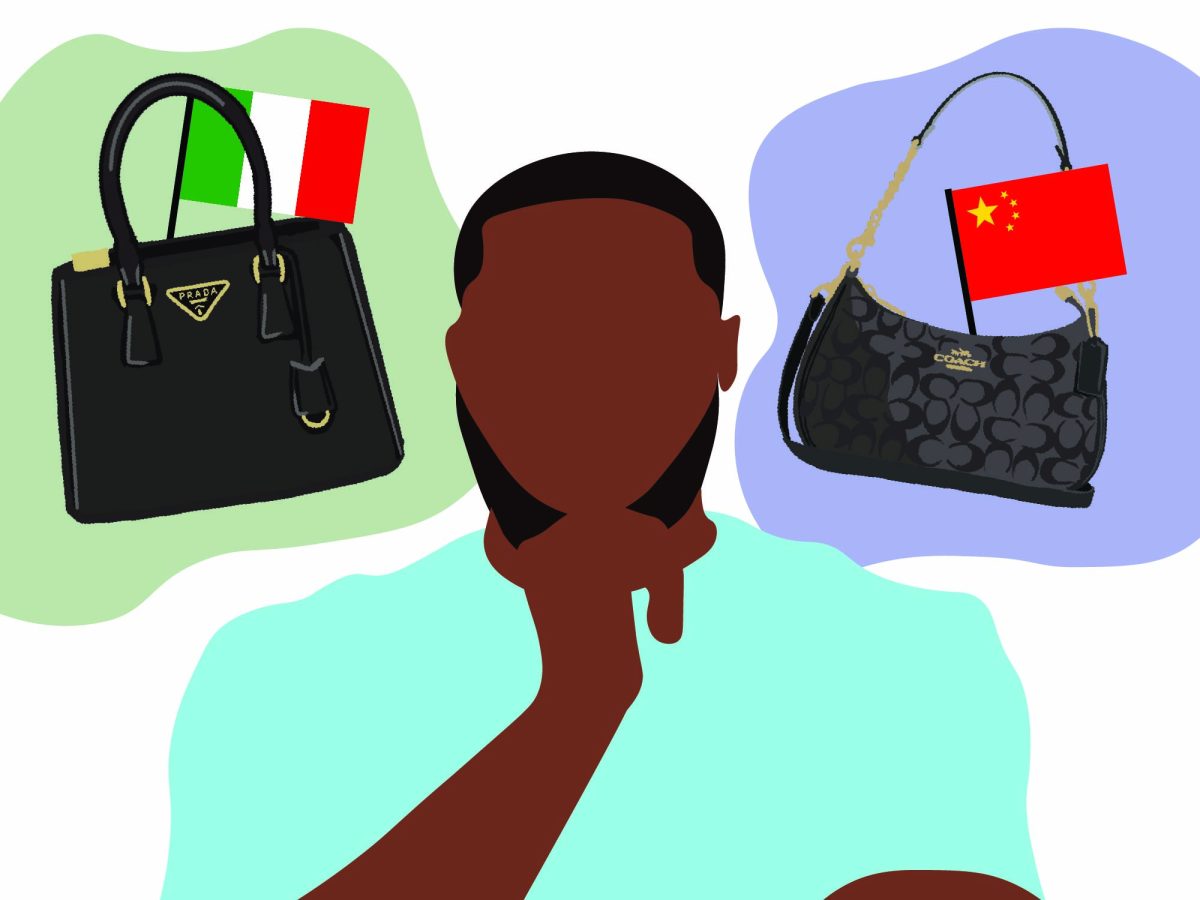For college students in Boston, LinkedIn has evolved from a professional networking platform to a staple of everyday life. The site, founded in 2002, was created to allow business professionals to increase business connections, search for jobs and look for new hires.
I was introduced to LinkedIn during my senior year of high school. My peers described the blue and white app as an “Instagram for academics.” Struggling with the changes to my school routine that COVID-19 pandemic brought on, I thought little about the platform. As a soon-to-be first generation college student, the pressure to navigate the college application process by myself was already more than I could bear.
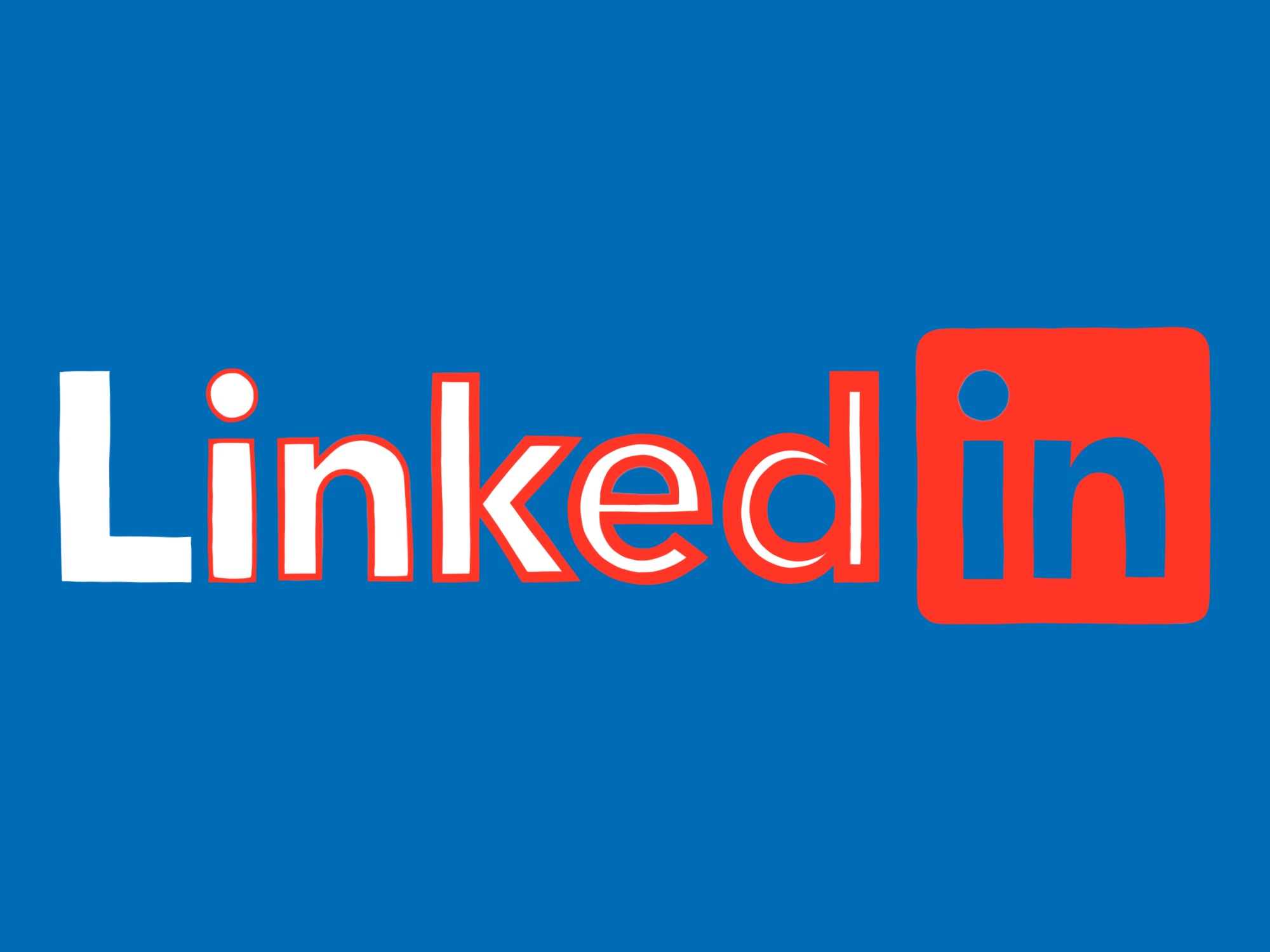
Upon entering Boston University, I immediately scrambled to catch up to my seemingly more knowledgeable peers. In a city with some of the most prestigious universities in the world, I took the first step to “fit in” by creating a LinkedIn account.
I recall devoting an unreasonable amount of time to curate the perfect profile. I rummaged through the internet for LinkedIn tips in a desperate attempt to exaggerate my lackluster resume. I wondered if recruiters could tell that my headshot was a zoomed-in group photo of me with a blouse edited in, and that’s the reason why they didn’t respond to my cold message.
Throughout the course of my undergraduate career, my connections grew steadily, but my activity on LinkedIn gradually declined in turn. I found myself burdened with the weight of my acquaintances’ impressive achievements whenever I scrolled through the app.
To be honest, I don’t even know half of my connections personally — I am willing to bet that most college students with 500 plus connections don’t either.
Think of it this way: a person would never openly brag about their accomplishments to strangers they’ve never met, much less announce it to everyone within ears reach. LinkedIn normalizes just that, as the platform literally has a built-in notification option for sharing any updates with all existing connections.
LinkedIn mirrors every other social media platform in setting a stage for comparison. Instead of admiring an influencer’s lifestyle on Instagram, I hyperfixate on my peers’ career accomplishments on LinkedIn. I compare myself to them through internship experience and GPA, and pay the price with my peace of mind. My insecurities are amplified — and I feel obligated to keep it to myself.
The LinkedIn community demands positivity and support, so feeling bitter about a peer’s achievements breaks an unspoken code of professionalism. The irony lies in the fact that by being a part of the LinkedIn community, individuals are inadvertently contributing to the same environment that fosters feelings of jealousy and inadequacy for themselves. Especially for first-generation college students battling imposter syndrome, LinkedIn can be alienating.
LinkedIn’s promotion of hustle culture is a capitalist’s ultimate fantasy. The pervasive “rise and grind” mentality that one must only devote themselves to work and sacrifice everything outside of it exists to pressure people into tying their self-worth to their career pursuits.
It feels as though hobbies that don’t align with career ambitions are worthless and any leisure time should be utilized to work even harder. A relentless fixation on productivity only pushes us to become soulless machines.
There is no winning the LinkedIn Olympics, yet we still try.
It’s crucial to understand that success shouldn’t come at the expense of someone’s mental well-being. It is important to concentrate on genuine personal improvement rather than being engrossed in endless comparison. There is no one-size-fits-all recipe for success — a personal balance is key.























































































































